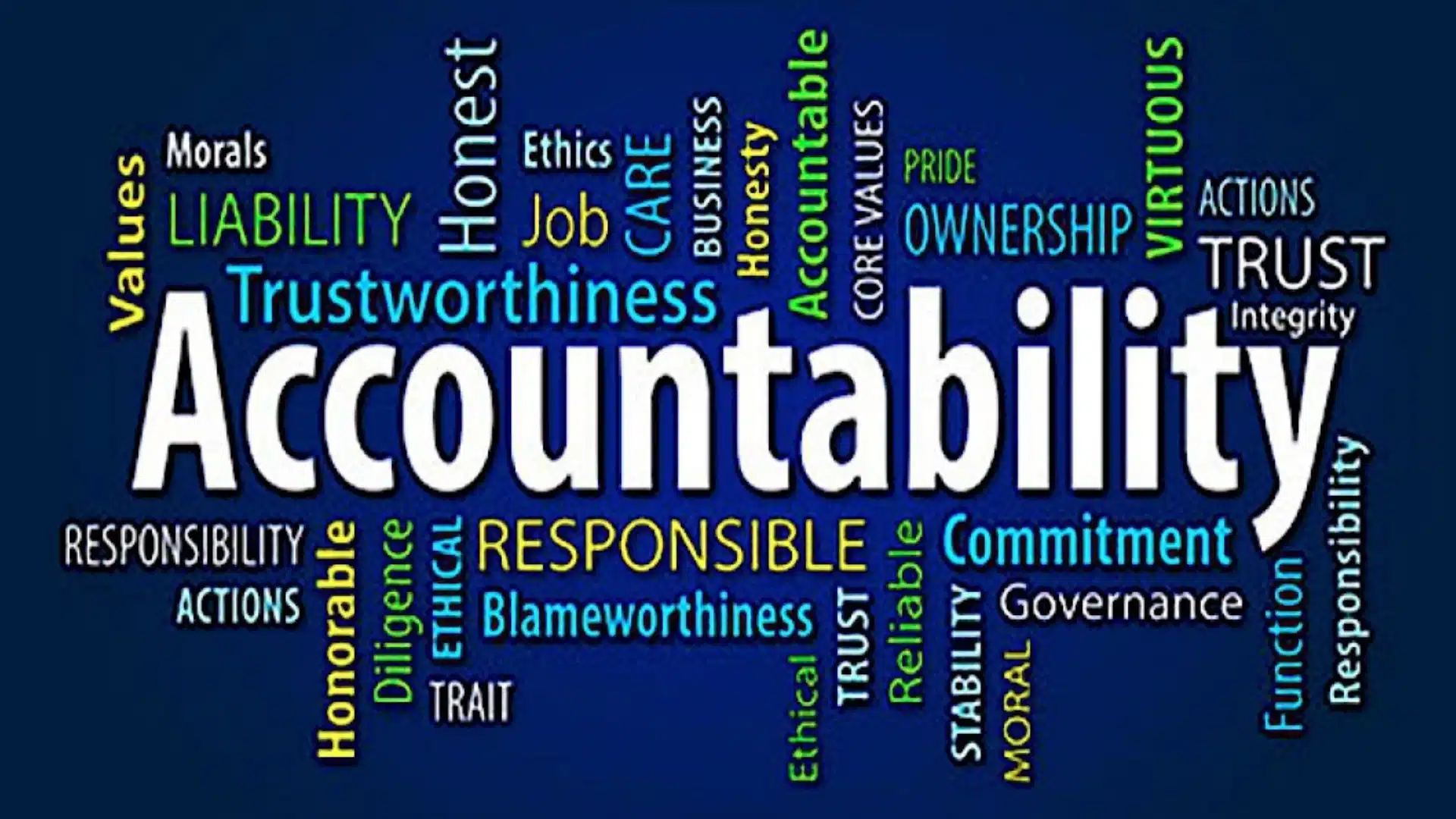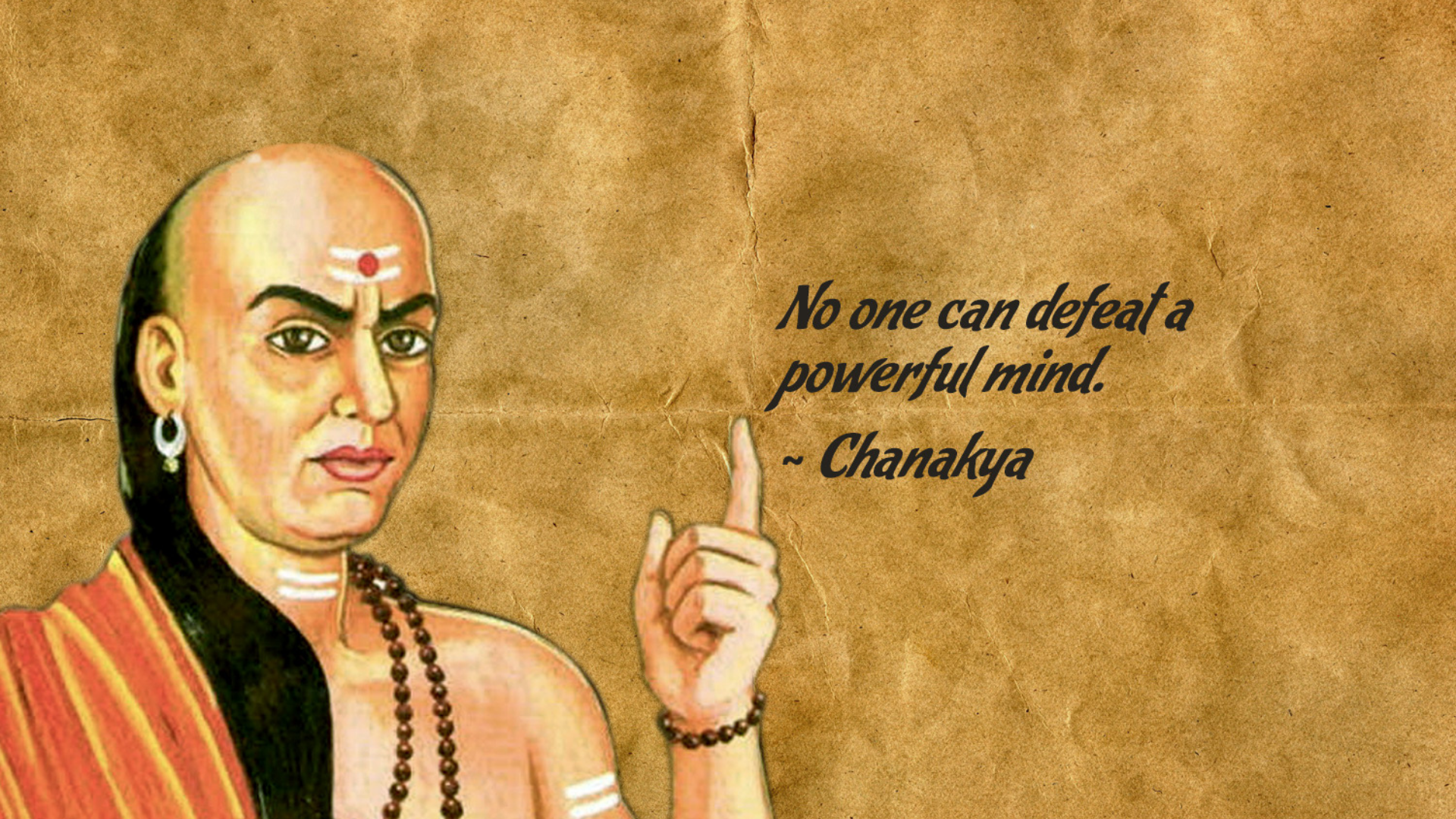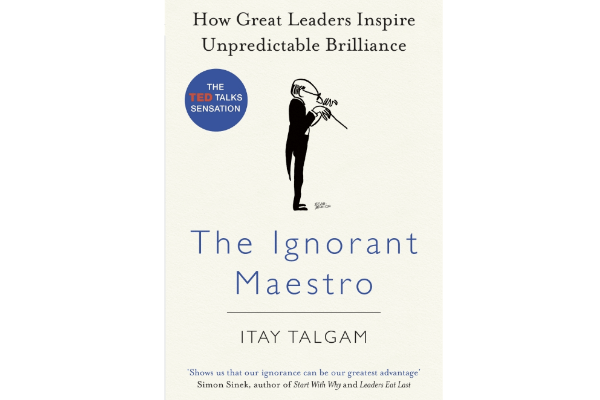At FocusU, we often turn to timeless wisdom for leadership insights that remain relevant even today. One of the greatest minds in leadership and strategy is Chanakya. Chanakya, also known as Kautilya or Vishnugupta, was the Prime Minister in the court of Chandragupta Maurya, the founder of the Mauryan empire. He was also a teacher, philosopher, and possibly the very first economist of India.
His is also the author of Arthashastra, the ancient Sanskrit treatise on statecraft, military strategy, and economic policy. Arthashastra is considered to be a training manual transforming Chandragupta from a normal citizen into a monarch. Just like empires, many companies are built, and many close down with time. Arthashastra also provides invaluable lessons on governance, management, and leadership. While written in ancient India, its principles continue to offer practical leadership applications for the modern workplace.
In our experience, effective leaders exhibit a blend of strategic thinking, ethical governance, and people-centric leadership — all of which are deeply rooted in Chanakya’s philosophy. Whether you are a first-time manager or a seasoned executive, understanding these leadership lessons can help build leadership capacity and navigate today’s complex business world.
Remember, some companies create history. They last for ages and carve a unique identity for themselves. The secret behind their success is great leadership. Great business leaders strike the right balance between business foresight, character, and performance. Some of the management principles in Chanakya’s Arthashastra may be up for study. However, the leadership lessons are relevant even today for business leaders running their business empires from their corporate offices.
Let’s explore some of the key leadership lessons from Chanakya’s Arthashastra and how they align with modern leadership skills.
Related Read: 4 Leadership Insights For A High Performance Team
1. Visionary Leadership: The Importance of Strategy
Table of Contents
Chanakya was a firm believer in long-term vision and strategic planning. In the Arthashastra, he emphasizes that a leader should always anticipate future challenges and prepare accordingly.
How is this applicable for the corporate world today?
In today’s corporate world, agile leadership is essential. A leader must be proactive rather than reactive, thinking ahead and making data-driven decisions. Organizations that succeed are those where leaders develop a strategic vision while remaining adaptable to change.
In our experience, some of the best leaders we’ve worked with focus on building leadership skills through structured planning, risk analysis, and decision-making frameworks.
Leadership Tip:
To build your leadership skills, start by setting clear goals, conducting SWOT analyses, and preparing contingency plans.
2. Ethics & Accountability in Leadership
Chanakya believed that a king (leader) must uphold the highest ethical standards. His teachings emphasize that a ruler should act with integrity, fairness, and responsibility to earn the trust of his subjects.
How is this applicable for the corporate world today?
The importance of accountability in the workplace cannot be overstated. Leaders who take personal accountability and create a culture of transparency and fairness inspire loyalty and productivity.
We have noticed that companies that invest in accountability training for leaders tend to have higher employee engagement and better organizational outcomes.
Leadership Tip:
Implement accountability training for employees by setting clear expectations, offering constructive feedback, and leading by example.
3. People-Centric Leadership: The Role of Empathy
Chanakya advocated for treating people with respect and fairness, emphasizing that a kingdom (or company) thrives when its people are happy and motivated.
How is this applicable for the corporate world today?
In today’s world, leadership is not just about power — it’s about influence and empathy. Great leaders understand the importance of psychological safety, open communication, and emotional intelligence.
In our experience, teams perform best when leaders prioritize mentorship, team development, and active listening.
Leadership Tip:
Develop people-centric leadership by practicing active listening, regular one-on-one check-ins, and recognizing achievements.
4. Training & Development: Building Future Leaders
Chanakya emphasized training and education as critical aspects of leadership. A ruler’s success depended on the continuous growth of his ministers and advisors.
How is this applicable for the corporate world today?
Leaders today must focus on developing their teams through coaching, mentorship, and continuous learning programs. Basic leadership training should be available for all employees, helping them build leadership skills progressively.
We have noticed that companies with strong leadership development programs tend to have higher retention rates and stronger leadership pipelines.
Leadership Tip:
Implement a basic leadership training module to help employees transition into leadership roles smoothly.
5. Delegation & Trust: The Art of Empowering Others
Chanakya firmly believed that a king should delegate responsibilities to trusted ministers to ensure smooth governance. He argued that a leader who tries to do everything alone will inevitably fail.
How is this applicable for the corporate world today?
A leader’s strength lies in empowering their team. Delegation not only improves efficiency but also builds trust and confidence among team members.
In our experience, managers who effectively delegate and empower employees foster innovation and stronger team collaboration.
Leadership Tip:
Start building leadership capacity by identifying strengths in your team and assigning tasks that align with their skills.
6. Business Ethics & Decision-Making
Chanakya’s Arthashastra stresses ethical leadership and warns against corruption and exploitation. He believed that a leader must set an example of honesty, integrity, and fairness.
How is this applicable for the corporate world today?
Business ethics and leadership go hand in hand. Leaders who uphold strong ethical standards not only maintain credibility but also create a culture of trust.
We have noticed that companies that prioritize business ethics leadership experience higher levels of employee satisfaction and customer loyalty.
Leadership Tip:
Make ethical decision-making a priority in your organization by establishing clear ethical guidelines and fostering an open, transparent workplace.
7. Your People Come First
“In the happiness of his subjects lies the King’s happiness, in their welfare his welfare. He shall not consider as good only that which pleases him but treat as beneficial to him whatever pleases his subjects.”
Chanakya believed that a King should always put his subjects before himself. The common man creates the King. Hence, the very existence of a King depends upon the happiness and well-being of his subjects. Similarly, business leaders of today should put their people at the forefront and not themselves when making decisions. A good leader’s top priority is his peers and subordinates. Every person matters in an organisation. No job is small or insignificant. These are basic principles that are taught in modern-day Business Schools, but Chanakya followed it back then. He was a man ahead of his time.
It is important to give due importance to every person in an organisation as the growth of the organisation depends on it. Very often, leaders get enamoured by their titles and privileges so much that they start ignoring their people. One of the keys to becoming a successful business leader is to put your people’s needs before yourself. Remember, happy employees create happy customers.
8. People In Power Must Be Accessible
“When in the court, he shall never cause his petitioners to wait at the door, for when a king makes himself inaccessible to his people and entrusts his work to his immediate officers, he may be sure to engender confusion in business and to cause thereby public disaffection, and himself prey to his enemies.”
It is not uncommon for a King to be surrounded by his ministers and noblemen. However, if he does not listen to and is not accessible to his subjects, he endangers not just his kingdom but also himself. Likewise, business leaders at the top of the hierarchy are often not accessible to the people at the bottom. It is a common complaint in today’s corporate world that leaders do not listen to their people. They only listen to those higher up or equal in rank. Sometimes the best ideas come from the least expected places. Your employees are in direct contact with the customers and understand their needs and preferences much better than anyone else. Keeping communication open with your frontline employees may give you ideas that can take you way ahead of other competitors in the market.
What sets apart great business leaders from the rest is that they keep communication channels open-both horizontally and vertically. A good business leader values the importance of good communication and takes time to answer people’s queries and explain their deliverables. It is important to bridge the distance between you and your people through better communication and sometimes direct contact.
9. Hold People Accountable For their work
“Whoever imposes severe punishment becomes repulsive to the people; while he who awards mild punishment becomes contemptible. But whoever imposes punishment as deserved becomes respectable. For punishment when awarded with due consideration, makes the people devoted to righteousness and works productive of wealth and enjoyment; while punishment, when ill-awarded under the influence of greed and anger or owing to ignorance, excites fury even among hermits and ascetics dwelling in forests, not to speak of householders.”
Chanakya believed that rewarding those who are performing well motivates them to continue doing their best. It is important to hold people accountable for their work – both good and bad. The ones performing well must be encouraged and rewarded. The underperformers must be put on the spot. Rewarding your best performers motivates them to do even better. It also sets them up as an example that others would want to follow.
However, business leaders must be wary of overburdening the good performers. Often, good performers are given additional responsibility, whereas underperformers get by doing just the minimum. If you overburden your best performers, resentment is bound to creep in.
10. Don’t Delay Your Decisions – Do The Right Thing At The Right Time.
“All urgent calls he shall hear at once, but never put off; for when postponed, they will prove too hard or impossible to accomplish.”
Chanakya understood that a good King did his duties the right way and most importantly, at the right time. That is the only way that a King can expand his empire. After all, time and tide wait for no man. A good King understands the value of time. He understands that time, once lost, can never be gained back. A good business leader knows the importance of time management and how crucial it is to the success of an organisation. Delayed decision making can slow down organisational growth. When you do not solve problems on time, they often snowball into larger problems that are hard or cannot be solved.
Why does decision making take time in most organisations? One of the likely reasons is that key decisions are only made by the higher-ups creating a bottleneck. Outdated processes are another reason why decision making becomes slow. If the same problem crops up over and over, an effective leader will see to it that the process is, redesigned. Fast and effective decision making is the sign of a great leader.
Related Read: Leadership Insights from the Deep Blue
Final Thoughts: The Timeless Relevance of Chanakya’s Leadership
Chanakya’s teachings offer a timeless blueprint for leadership success. From visionary strategy and accountability to people-centric leadership and ethics, his lessons remain deeply relevant in today’s fast-paced business world.
In our experience, the most successful leaders focus on:
- Developing essential leadership skills (communication, decision-making, strategic thinking)
- Creating a culture of accountability and ownership in the workplace
- Investing in leadership training and continuous learning
- Upholding ethical leadership in business
By integrating these principles into leadership training, organizations can nurture the next generation of strong, ethical, and visionary leaders.
The ancient wisdom of Chanakya is every bit relevant today as it was hundreds of years ago. We try and emulate the leading business leaders of the world today. However, the principles that we learn at leading Business Schools today were already being taught by the great Chanakya. He transformed Chandragupta from a common man to Emperor Chandragupta Maurya, who ruled over entire India.
Chanakya’s teachings were ahead of their time and are relevant even today. It is time that we start valuing them. Which leadership lesson from Chanakya resonates with you the most? Let’s discuss in the comments!












